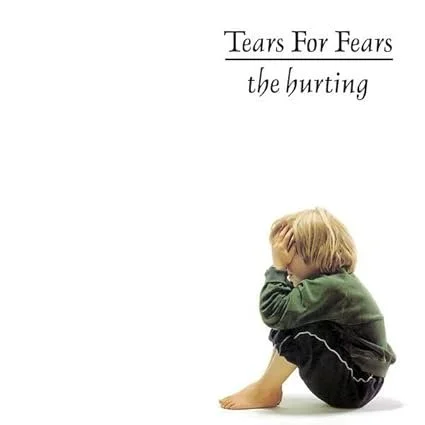Thank you ARC Readers!!
The Authorsphere: A Cautionary Tale

The Hurting, and Big Yellow lies

the soundtrack of big yellow lies
Book cover: Big Yellow Lies, by Clint Potts, as featured on Spotify and the Big Yellow Lies soundtrack.

Welcome to whiskey river
Welcome to Whiskey River
Why name a publishing company Whiskey River?
For me, the name runs deeper than a good pour. My first novel, Big Yellow Lies, is set in Peoria, Illinois—a river town with a long and complicated history, much of it flowing straight from the whiskey trade.
Before Prohibition, Peoria was the whiskey capital of the world. Rich farmland surrounded the city, and rail and river made it easy to ship barrels anywhere they needed to go. Al Capone himself was known to slip down from Chicago on weekends. The wealth of those whiskey barons is still etched into Peoria’s landscape—in the old warehouses, the stately churches, the civic halls, and schools. Some of it has crumbled, but you can still see the bones.
On a sunny day, the river itself shines the color of whiskey. I doubt Willie Nelson knew that when he wrote his song, but the name fits.
So why set a modern noir here? Because Peoria is a place where history doesn’t fade—it lingers. It’s a city of long family legacies, powerful industries, and unspoken secrets. More heavy machinery is produced within twenty miles of Peoria than in all of Detroit. The machines that roll out of Caterpillar, Wabco, and Komatsu could crush every car and truck built in Detroit without breaking a sweat. It’s a city where people know their neighbors, but don’t always know the truth.
That tension—the contrast between community and secrecy, power and decay—is what makes Peoria the perfect setting for Jesse Keaton’s story. It’s a city that raised me. It’s still home, even if I haven’t lived there in thirty years.
Welcome to Whiskey River. The stories start here.


